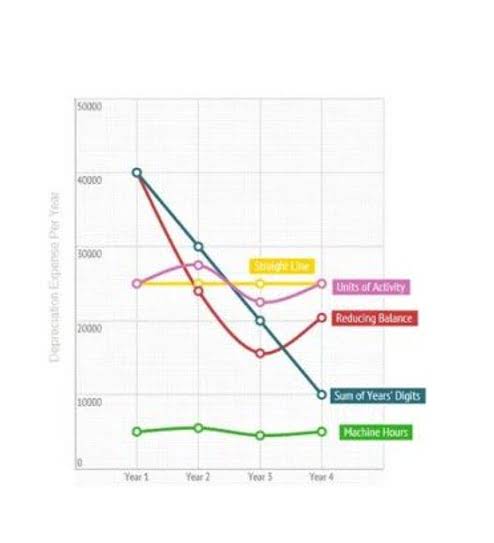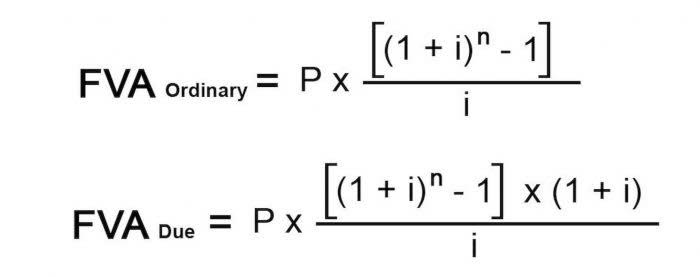
It also means being willing to admit defeat or failure when things don’t work out. Objectivity requires accountants to remain unbiased and avoid conflicts of interest that could influence their judgment. Confidentiality mandates that sensitive financial information is protected and not disclosed without proper authorization. Professional competence and due care emphasize the need for accountants to maintain their skills and provide diligent, high-quality services.
Mục lục
Accuracy

Violations of accounting standards not only compromise an accountant’s professional reputation and career but also can lead to legal penalties. For instance, Arthur Andersen, once among the “Big Five” accounting firms, was convicted for obstruction of justice for its role in the Enron scandal, which ultimately led to its downfall. This illustrates the critical role professional standards play in maintaining the credibility and ethics of the accounting profession. Ethics in accounting refers to income statement the moral principles and standards that guide the conduct of accountants and other financial professionals. These principles ensure that accountants act with honesty, fairness, and integrity in all their professional duties.
- Ethics in accounting embodies the fundamental principles and values that direct the actions of professionals within the accounting domain.
- Following ethical principles not only helps in short-term success but also supports long-term achievements, earning trust from consumers and meeting stakeholders’ needs.
- While not explicitly stated, this implied offer creates a scenario where the accounting firm might feel pressured to deliver an audit report that mirrors the company’s desired outcomes.
- Accountants must also avoid using confidential information for personal advantage.
The Biggest Ethical Challenges Accountants Face
When you and your team discuss integrity and the importance of ethics and the importance of integrity frequently, that keeps everyone on the same page. It won’t feel awkward to say no when someone wants to push the ethical boundaries “just this once” (it’s never just once). When engineers and architects design a building or a bridge, the components must hold together as an integral whole to support the weight of the structure. If Partnership Accounting the foundation lacks structural integrity, the whole thing may collapse or become unusable, like the Leaning Tower of Pisa. Take full advantage of all deductions and credits with our tax planning, compliance, and preparation services.
Challenges in Upholding Ethics in Accounting
Solutions such as stronger ethical education, stricter regulation standards, and increased corporate culture are necessary to dissolve these issues. This research underlines the critical role of ethical practices in preserving the integrity of financial reporting and trust from the accounting profession. They outline the behaviors expected of professional accountants, providing a benchmark for ethical conduct. For example, the AICPA’s Code of Professional Conduct includes principles like integrity, objectivity, and confidentiality, guiding accountants toward ethical decision-making. In the realm of finance, ethics in accounting stands as a pillar of professional integrity and public trust. Accountants hold a critical responsibility to provide accurate, transparent, and honest financial reporting.
Key Principles of Accounting Integrity and Ethics

That massive collapse happened because “the smartest guys in the room created the illusion of a prosperous company” for their own personal gain. The downfall of that venerable accounting firm integrity accounting tainted the reputations of thousands of accountants who had nothing to do with Enron, but were working for the wrong firm at the wrong time. This subtle hint at a potential future business opportunity poses an ethical challenge. While not explicitly stated, this implied offer creates a scenario where the accounting firm might feel pressured to deliver an audit report that mirrors the company’s desired outcomes. Accountants are expected to possess the necessary knowledge, skills, and expertise to perform their duties competently. Continuous professional development is crucial to stay updated with the latest accounting standards and regulations.

